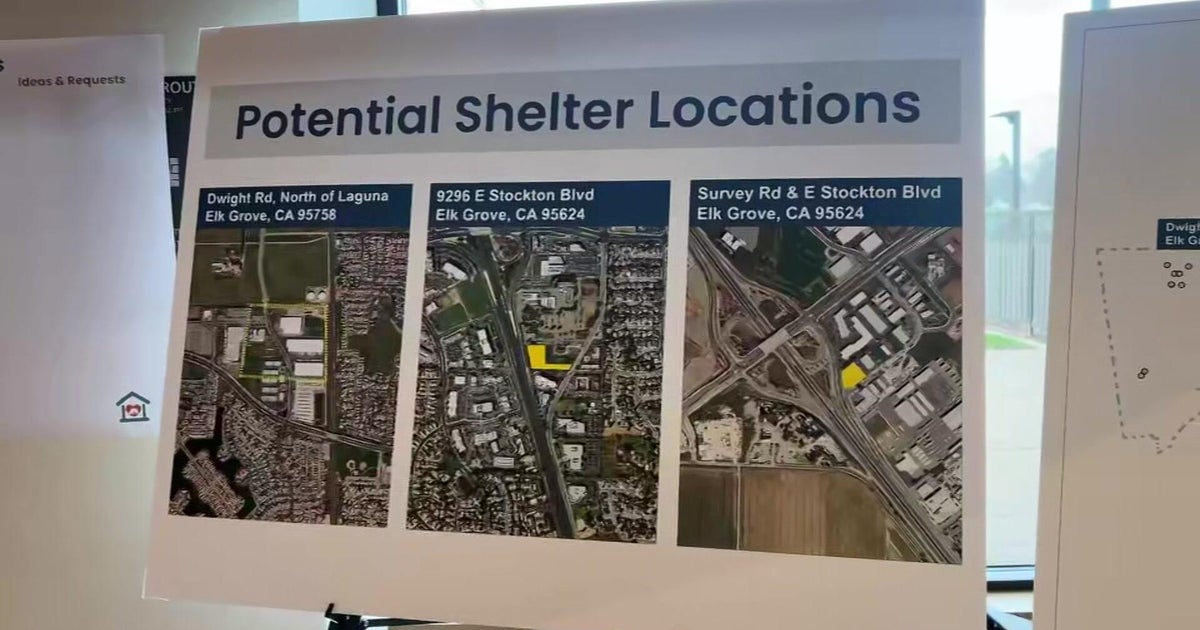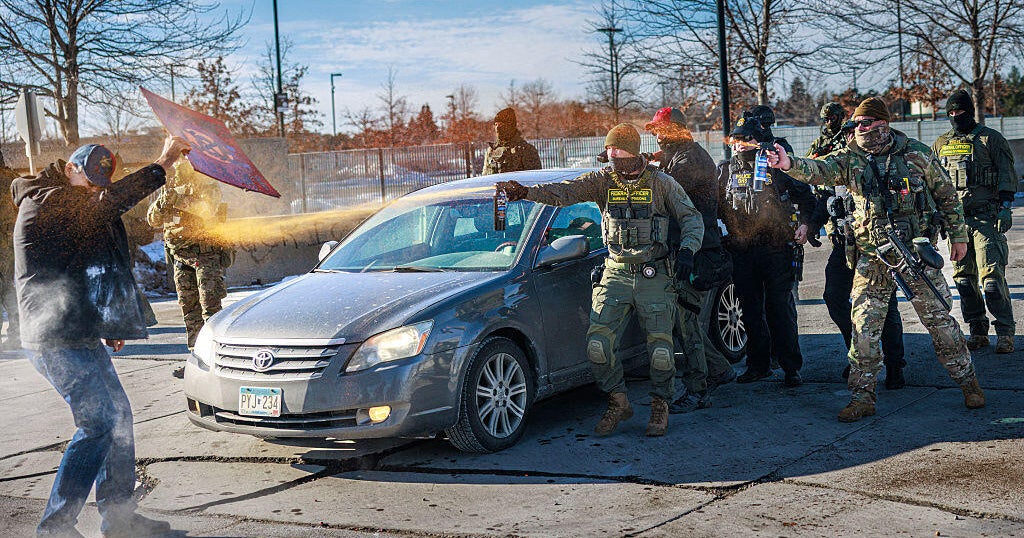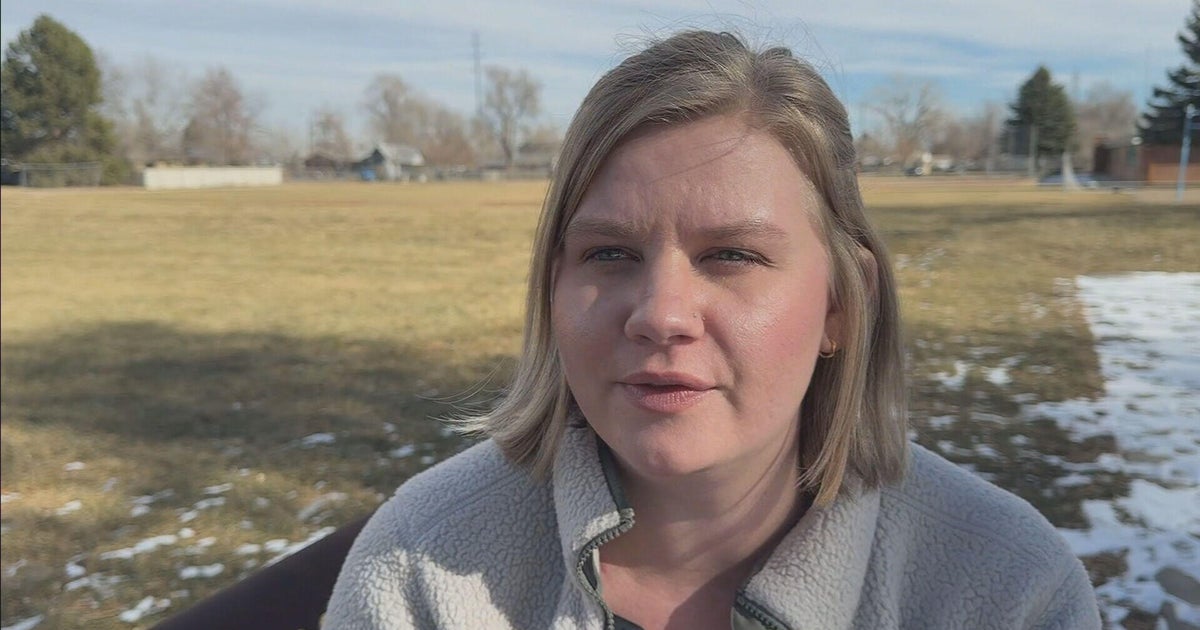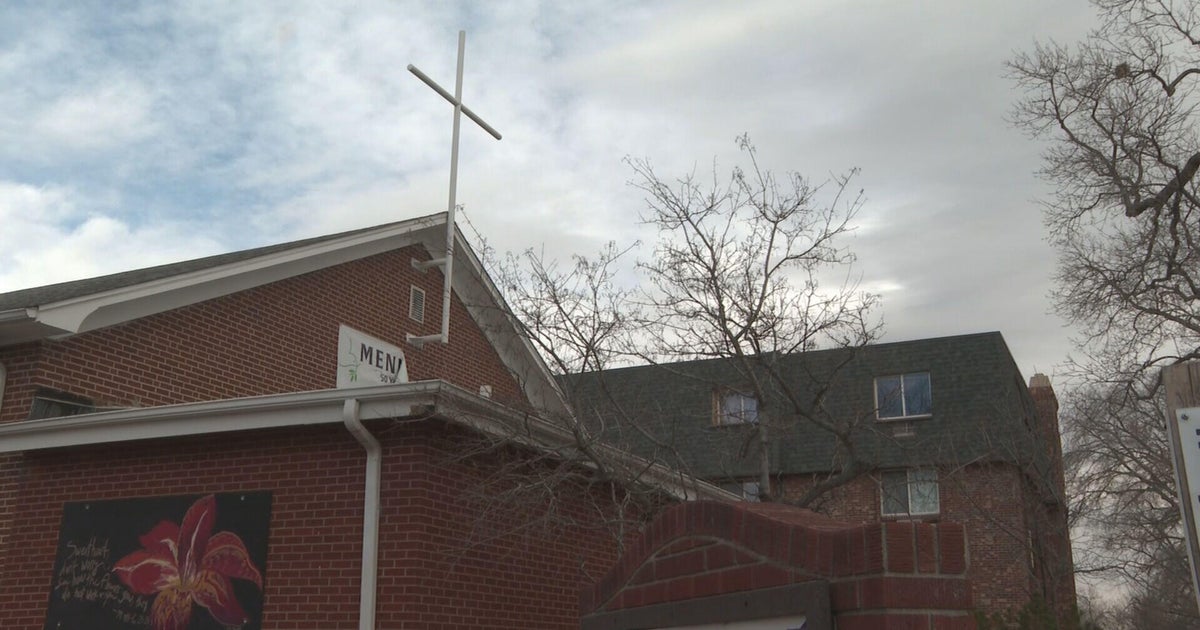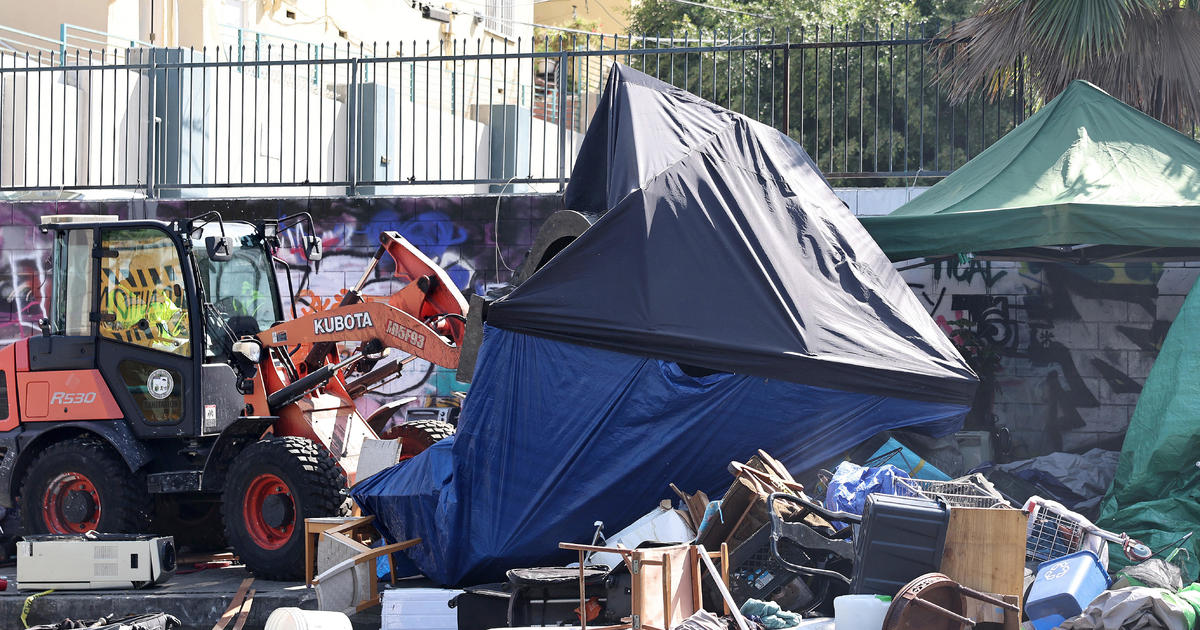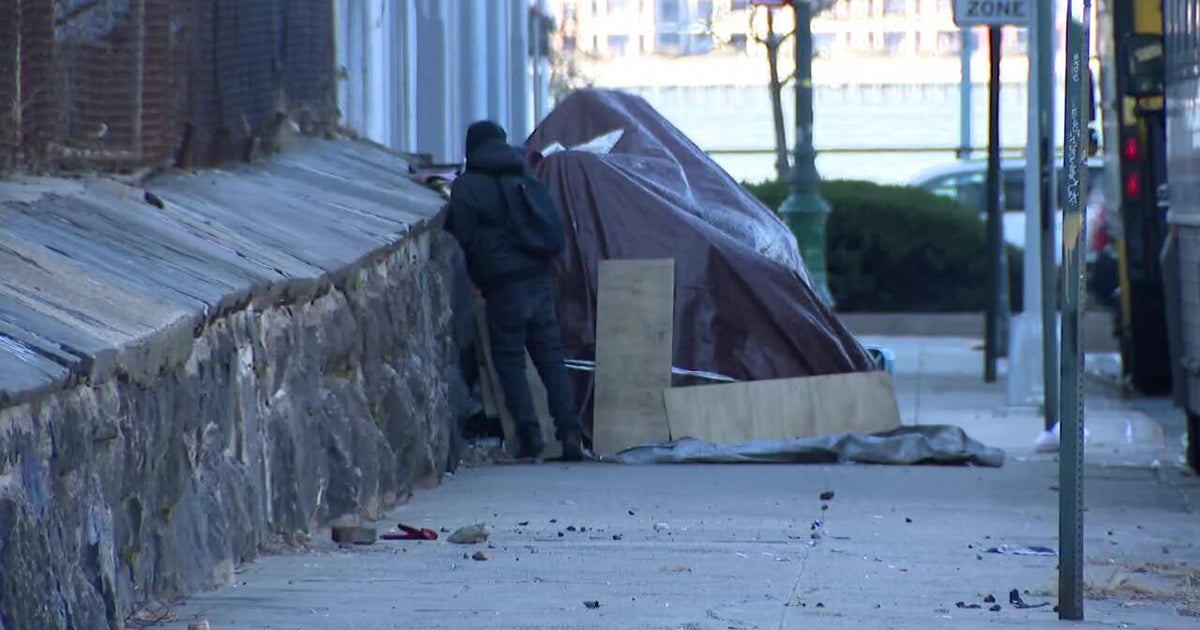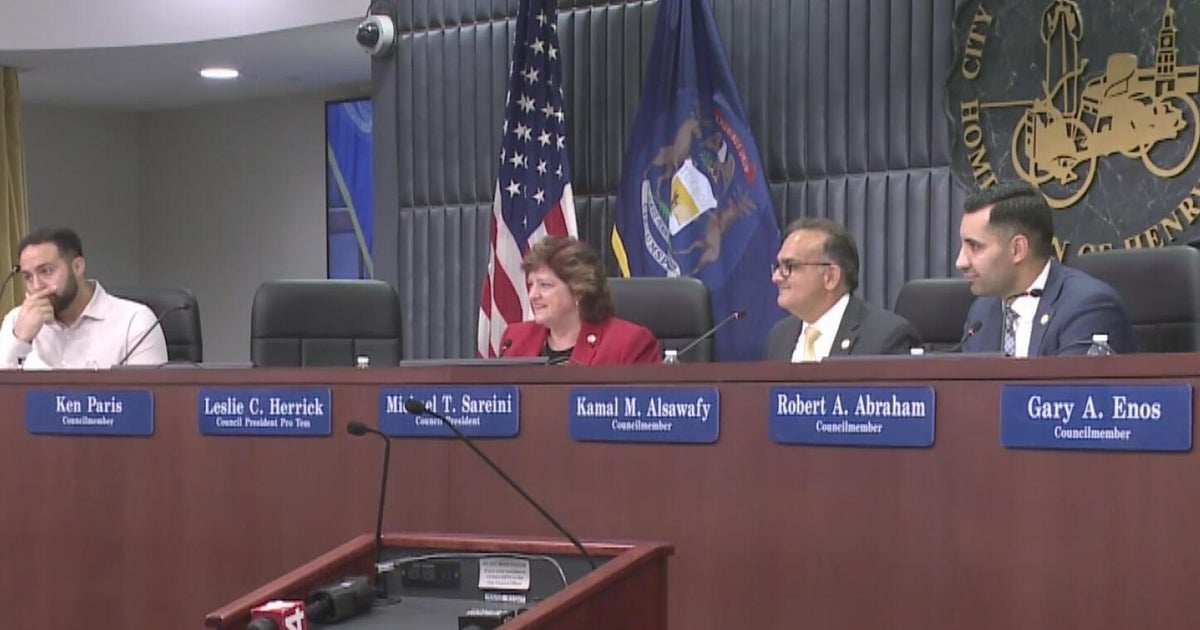Federal judge rules in favor of Colorado church that sued Town of Castle Rock over homeless shelter
A Colorado church that sued the Town of Castle Rock over its ability to shelter homeless people on church grounds saw a win in court on Friday after a federal judge granted the church a preliminary injunction against the town.
The Rock Church has sheltered homeless people in RVs on its property since 2019, calling it their religious duty to help those in need. But on at least three separate occasions, in 2021, 2022 and again in 2023, town officials blocked their efforts, saying they violated zoning laws. The church, in response, said this violated its 1st Amendment rights to religious freedom, as well as the Religious Land Use And Institutionalized Persons Act.
In January, the church sued the town.
"The Holy Bible specifically and repeatedly directs faithful Christians like the Church's members to care for the poor and needy out of compassion and mercy for those who are experiencing significant misfortune and hardship," the church wrote in court filings.
On Friday, U.S. District Judge Daniel Domenico ruled that the town did violate the Religious Land Use and Institutionalized Persons Act, a law passed by Congress in 2000, which grants religious institutions protections from zoning laws that prohibit free exercise of religion.
"The Church stresses that by preventing it from allowing the homeless to live on its property, the Town is precluding the Church from exercising its religious beliefs regardless of whether it might be possible to provide for the needy in some other way," Domenico wrote in his order. "There is no reason to second-guess the Church at this point, regardless of how idiosyncratic or mistaken the Town may find its beliefs to be."
Domenico went on to say the town failed to provide a compelling argument for limiting the church's religious expression.
"The Town does not explicitly argue that it has a compelling interest in enforcing the (Planning Division) Regulations as interpreted by the Board of Adjustment, and the Church contends that the Town could have no such interest because the Church takes a number of precautions to ensure that its temporary shelter is safe. These include having a third party conduct background checks and requiring any RV tenants to sign contracts indicating that they will abide by certain rules."
He also ruled that the town failed to identify any safety issues from the church's practice.
"As the Church has emphasized, and the Town has not disputed, 'the Church has never experienced any public-safety or other related issues while carrying out this ministry, even as it has temporarily house(d) numerous individuals and small families,'" the judge wrote, quoting the church. "Instead, the Town appears concerned about the precedent that would be set, which it suggests might allow either much larger housing projects on the Church's own property."
The church has already had to turn away people and families experiencing homelessness, it says, so further limits on its ability to house people would cause it "irreparable harm," Domenico wrote. "The Town has not argued at this juncture that it would suffer any actual, material harm by allowing families to stay in the Church's two mobile homes."
Town officials have repeatedly declined interview requests from CBS News Colorado but told Your Reporter in Douglas County, Olivia Young, that they have "retained defense counsel to rigorously defend the zoning authority of communities."
That counsel argued Monday that the church could execute their religious mission in ways that don't violate zoning.
"From the very beginning of this ministry, we've only ever wanted to obey our call to reach out, love, and serve the needy around us," The Rock pastor Mike Polhemus told CBS News Colorado on Monday. "We are grateful the court upholds our Constitutional rights to do so."
A spokesperson on Monday said the town wouldn't have a comment until it had time to review the judge's order and its options moving forward.
You can read the judge's full ruling here:
